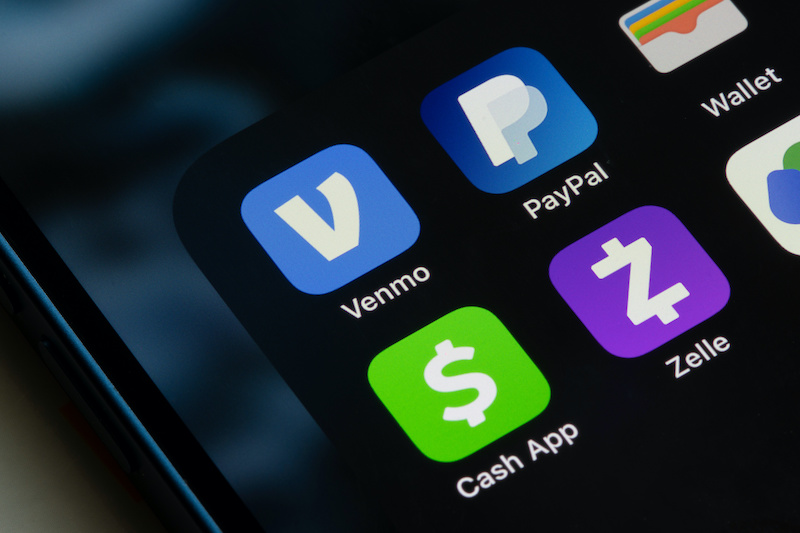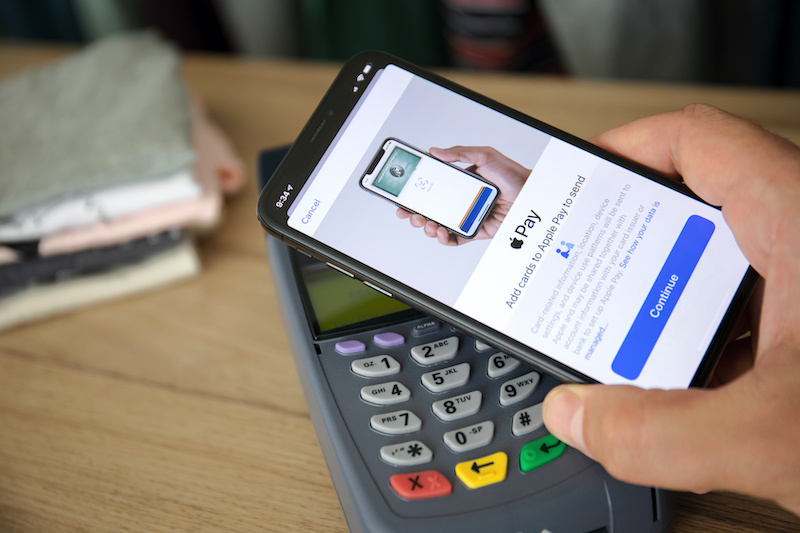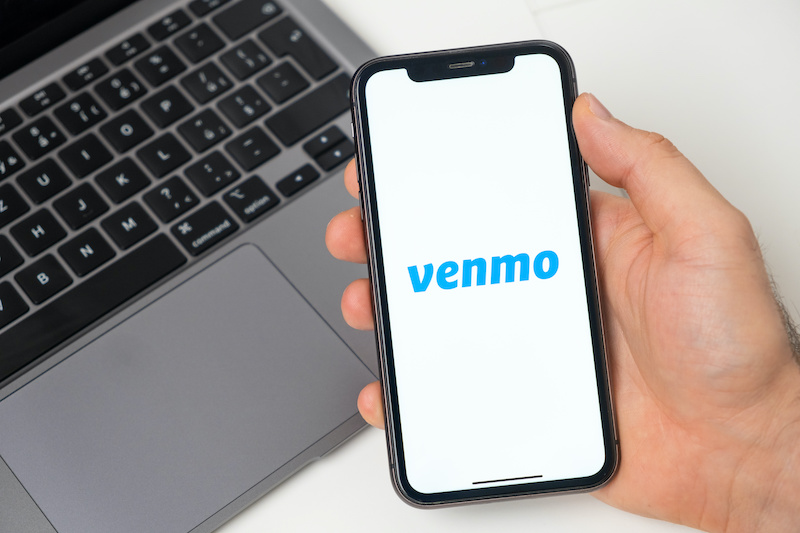
People believe that nothing dies on the Internet. While this dictum warns us that what we put online may come back to haunt us, our online accounts can outlive us. In fact, they may live in perpetuity. Creating and maintaining a financial digital estate plan that decides for what happens to these accounts when we die is essential.
PayPal, Venmo & Apple Pay: Digital Financial Accounts & Death

In modern estate planning, digital accounts such as PayPal, Venmo, and Apple Pay share equal importance as bank accounts, retirement accounts, and other traditional financial and payment accounts. However, you may arrange digital accounts to close upon your death. Your survivors can close these types of accounts without a digital estate plan. However, failure to could make things harder for your loved ones.
Closing a PayPal Account: Digital Financial Management

Founded in 1998, PayPal was not the first company to offer online payments, but it was the first to obtain widespread adoption and is the top payment application among Americans today, with around three out of four respondents saying they are active users.
According to PayPal, only the authorized administrator or executor of a deceased person’s estate can take the necessary steps to close the decedent’s account. Follow the company’s Deceased Account instructions:
- A cover sheet from the requestor identifying the primary email address associated with the PayPal account
- The requestor’s email address and a copy of their government-issued identification
- A copy of the account holder’s death certificate
- Legal documentation, such as a copy of the will, identifying the estate executor
Once PayPal receives this information via email or physical mail, the requester will either be issued a check or given access to the deceased customer’s linked bank account to transfer the balance. PayPal will then close or lock the account.

Digital Financial Decisions: Closing an Apple Pay Account
Apple Pay is a relatively new player in digital payments but since launching in 2013 has seen rapid adoption and reportedly surpassed MasterCard recently in the dollar value of annual transactions.
It is more appropriate to call Apple Pay a system rather than an app. CNET describes Apple Pay as the linchpin that makes digital iPhone payments possible using debit and credit cards, an Apple Card, or Apple Cash.
Apple ID is the account used to access all Apple services, including Apple Pay. The company offers three ways to gain access to, and delete, a loved one’s Apple ID and associated data. The most burdensome way requires a court order that verifies the following information:
- The deceased’s name and Apple ID
- The name of the next of kin requesting access to the decedent’s account
- That the decedent was the user of all Apple ID-associated accounts
- That the requestor is legally authorized to act on behalf of the decedent
- That Apple is required to provide access to the decedent’s account

Closing a Venmo Account in Digital Financial Management
Venmo came out in 2009, and four years later was bought by PayPal. Users, which number around 80 million and are mostly based in the United States, can pay for goods and services in the Venmo app, transfer funds to friends, and receive direct deposits. The Venmo digital wallet, like PayPal, can be linked to a user’s credit card and bank account. Contact the Venmo support team for assistance with the cardholder’s Venmo account.

Avoiding Complications with a Digital Estate Plan
While Apple, PayPal, and other companies have automated systems for accessing or closing a deceased user’s account, some companies, like Venmo, are not so clear about how to access digital assets and may need to be contacted directly for assistance.

About Skvarna Law Firm in Glendora and Upland, California
Let a skilled attorney assist with your estate plan. So, contact us today to learn about your options (909) 608-7671. We operate offices in Glendora and Upland, California. Therefore, we provide legal services for individuals living in San Bernardino, Los Angeles, Orange, and Riverside Counties. This includes the cities of Upland, Ontario, Rancho Cucamonga, Fontana, Colton, Rialto, Chino, Chino Hills, Glendora, Claremont, Montclair, Pomona, La Verne, San Dimas, Azusa, Covina, West Covina, Diamond Bar, Walnut, La Puente, Corona, Norco & Mira Loma. Visit SkvarnaLaw.com to learn more.


